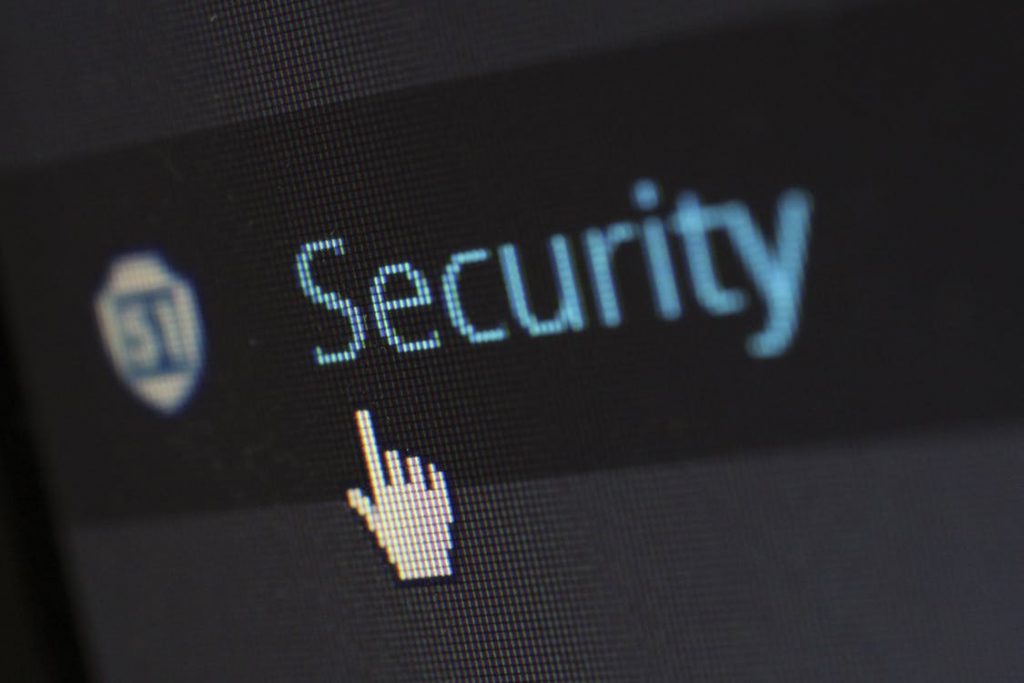We’ve heard a lot about digital security recently. In the news, we’ve been hearing about the data breaches that have affected some of the world’s biggest organizations, and how Facebook – and other companies – have been handling their users’ data. As such, it’s become something of a buzz topic for everyone to talk about! While the news that even the big companies can be compromised might sound bad, it’s not, because it gives you a chance to review your own digital security. In doing so, you might just save your company from an attack that it would have a hard time recovering from.
Make it a Priority
Before you can get too deep into making your business secure, you may need to change how you think about your security. There was a time not so long ago when you could avoid having a watertight digital ship, and be reasonably confident that nothing bad was going to happen; the threat was so small. Not so anymore. Today, cybercrime is on the rise, and in a big way. As such, you’ll need to treat it with the respect it deserves. Treat it the same way you’d treat your home: you wouldn’t leave the front door open, and just hope that no-one decided to come in and help themselves to your belongings!
Review Your Vulnerability
You’ll be well served by reviewing your current digital vulnerability. Like most things in life, it’s only once we identify our weaknesses that we’re able to plug the gaps. For example, do you already have a process for dealing with digital threats? If so, it’ll be worthwhile taking a look to see how robust it is, and whether it’s suitable enough to deal with the dangers. Things are changing all the time, new threats are emerging, and if you haven’t looked at your methods for dealing with them in, say, a year or so, then it’s probable that it’s insufficient. If you don’t know what you’re looking for, consider recruiting a security expert to take a look at your vulnerability. There are hackers out there who don’t want to use their skills to harm; they want to help neutralize the dangers.
Secure the Premises
While you might think that all of your digital security belongs in the digital world, this is not the case. The real world is just as dangerous. As such, you’ll want to ensure that nobody can enter your premises. If they do, they’ll likely find it extremely easy to take sensitive information. But how do you secure your premises? Installing security gates is a good start, as is having CCTV cameras and sensor lighting. Keypad entry will also provide an additional barrier. Of course, it’s always possible to enter a building if you’re determined enough, so make sure that your computers and the like are kept out of eye’s view, preferably secured somewhere that even the most thorough criminal would have difficulty cracking.
Train Your Staff
The outside threats are very real, but actually, the majority of data breaches don’t occur because a hacker spent hours trying to gain access to your system. They happen through human error, be it not securing a computer well enough, opening malicious emails, and so on. As such, your first line of defense will be your staff training. If your employees know all the appropriate security measures like the back of their hand, they’ll be much less likely to commit an error that compromises your business. Set aside a day to bring your employees up to speed with your security expectations, and then make sure you’re holding new training sessions every few months. Every time your system receives a security update, your staff should be updated as to the new policies.
Get Feedback From Employees
Of course, it’s not just on your staff to avoid human errors: it’s on you too. One of the biggest mistakes you can make is failing to pay attention to your employee’s security concerns. On a day to day basis, you’re probably busy spending your time taking care of all the tasks that a functional business requires; your staff are using the systems that you’re trying to protect all day long. As such, they likely have a much greater understanding of any vulnerabilities; you should encourage them to speak up before it’s too late. Make sure they know that if they think something is at risk, that they bring it to your attention. Aside from giving you the peace of mind that there are other people looking out for security, this will also show your staff that you’re taking the company’s digital security seriously. As much as we might not like to think about it, from time to time the “digital hacks” are an inside job; knowing that you’re monitoring the situation closely might just be enough to deter a potential troublemaker from following through with their plans.
Strong Passwords
You might think that having a strong password is obvious, but there are many companies that not only don’t have a password policy, but they also don’t even think about it! This is security 101. If you’ve got a simple password – let’s say, 123456 – then a hacker will have next to no difficulty entering your system, should they choose to. It’s a bit like trying to crack the enigma code today: it was supremely difficult way back in the forties, but it would take modern computers seconds to crack. Make sure everyone knows that they need to pick a complicated password, one that includes lower and upper case letters, numbers, and characters.
Invest in the Best
You’re not in the battle to thwart the online threats all by yourself. There are many companies that can help to keep your company’s sensitive data safe. But like every other product, these services are not all created equal; some overpromise and underdeliver, others do what they say they’ll do. As such, make sure you’re conducting thorough research before choosing a company to work with to ensure you’re investing in the best, and choose one that takes protecting your data seriously. Security companies can offer more comprehensive data privacy because it’s stored in Norway, which has one of the world’s strictest privacy policy laws. Also, be wary of free services; they might be OK if you’re a student, but if you’re a business, you should always be looking at professional, paid services.
Update Your Software
You’ll have plenty of software installed on your company computers, which you need to simply conduct your business operations. However, you can’t just install the software and then be done with it. They need updating. We repeat: they need updating! Aside from offering new functions and better usability, updates nearly always have security updates. If you’re not updating them, then you’ll be stuck with the old security – and they may no longer provide adequate cover. After all, there’s a reason they updated them!
When Traveling
You’re in relative control when you’re in the office, but it’s a different ballgame when you’re traveling. If you need to travel as part of your business, you’ll be leaving yourself wide open to digital attack, unless you take the proper precautions. For starters, make sure that all of your devices are “locked” – that is, they can’t be opened without authorization. Your iPhone will have a passcode or fingerprint option: use them.
Hardware Inventory
If you don’t know what you’ve got, how can you know what’s missing? While you’ll likely notice if a computer in your office goes missing, things like hard-drives and tablets can often go astray. But as we’re sure you know, these are not unimportant: they’ll contain data that you need to stay safe. As such, you should take an inventory of all your electrical equipment, and then check that everything’s still there every few months. This is also a good way to keep things updated: when you’ve checked an item as ‘present’, go through the promise of updating its security.
Have a Plan
Of course, even with the best of intentions, there are no guarantees that things won’t go wrong. If the biggest companies can get attacked, then so can you. As you’re going through the process of developing your security policy, take steps to outline what you’ll do should the unthinkable happen. If a security breach does occur, there are still things you can do that will minimize the damage.
Keep Things Off Social Media
Social media is good for your business if it’s used correctly, but it also poses a danger. If you’re posting too much information about yourself on your personal social media sites, then you might be handing a hacker all they need to compromise your system.
Moving Forward
Alas, security isn’t one of those things that you just get to do once and then forget about. It’s an ongoing process. The criminals aren’t going to stop trying to find new ways to gain access, so you shouldn’t stop keeping them out. Review your process, and make sure it’s a top priority forever, not just here and now.

